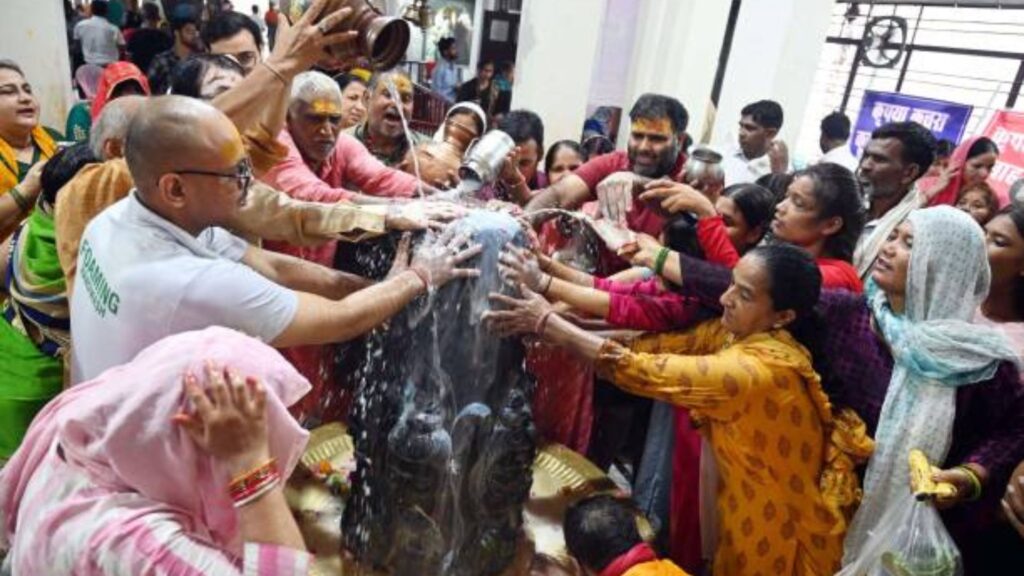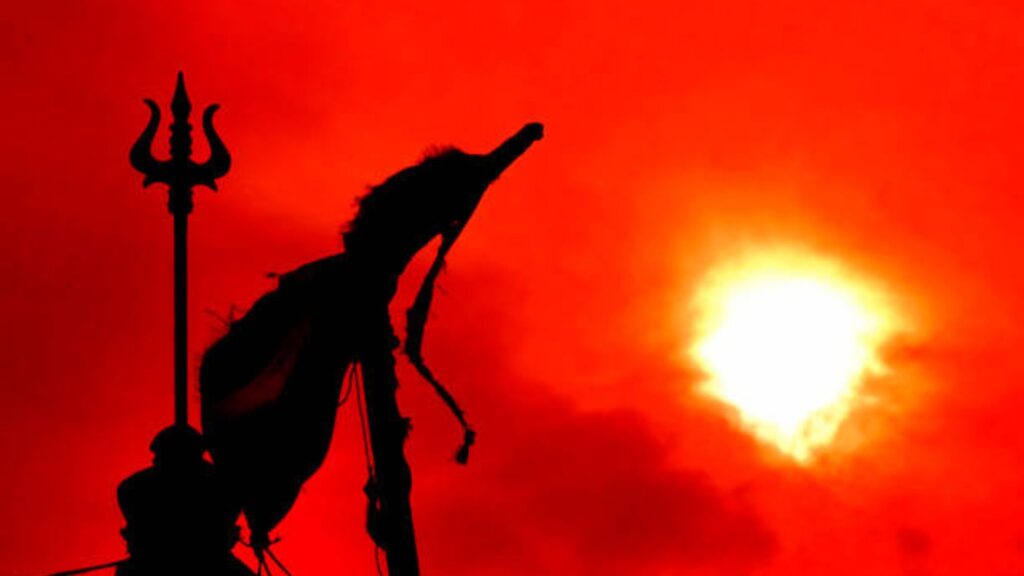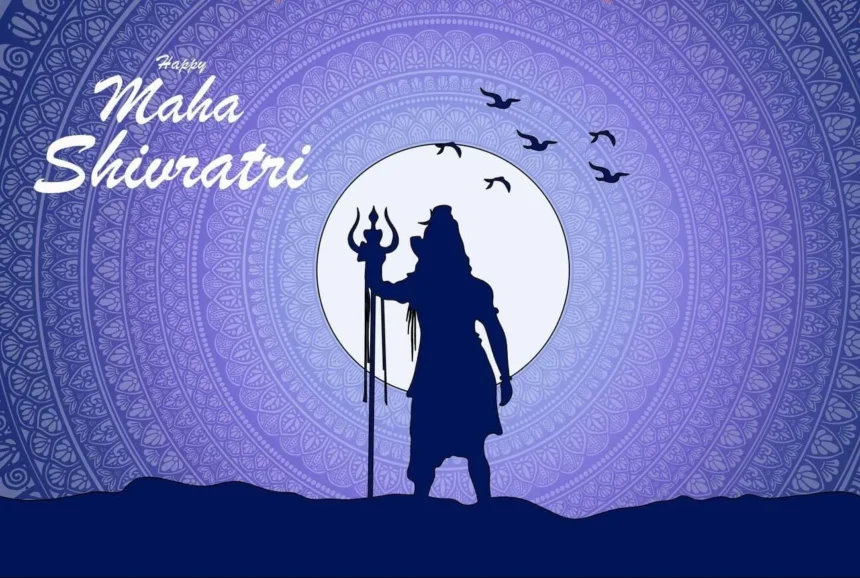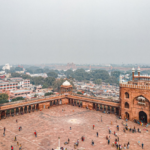Mahashivratri is a Hindu festival celebrated with great pomp, grandeur, and excitement across the country. Devotees of Lord Shiva observe this sacred occasion with immense fervor and devotion every year. But do you know why we celebrate Mahashivratri? Let’s explore the history and significance of this auspicious festival and understand why it holds such deep spiritual and cultural importance.
Why Do We Celebrate Mahashivratri?

Mahashivratri is a festival surrounded by various beliefs, each narrating a different story of its significance. Some believe that this day marks the divine union of Lord Shiva and Maa Parvati, and thus, it is celebrated as their holy wedding anniversary. Others hold the view that Mahashivratri is the day when Lord Shiva consumed the deadly poison emerging from the ocean to save humankind from darkness and negativity, earning him the name Neelkanth.
Another popular belief states that on the midnight of Mahashivratri, Lord Shiva manifested as Lord Rudra and performed the powerful Rudra Tandav, symbolizing the cycle of creation, preservation, and destruction. Regardless of the different stories associated with Mahashivratri, the festival is ultimately a grand celebration of Lord Shiva’s immense power and energy, observed with great devotion across India.
Significance Of Mahashivratri

The festival of Mahashivratri is celebrated with immense devotion and grandeur, accompanied by folk dances, prayers, mantras, chants, and soulful music. However, those unfamiliar with its significance often wonder about the customs and traditions that devotees follow to seek the blessings of Lord Shiva. On this auspicious day, devotees observe a strict fast, staying awake all night in prayers, seeking prosperity, happiness, and divine blessings. Many refrain from consuming food and water, believing that fasting pleases Lord Shiva and also benefits the body. For those who are not Hindus, Mahashivratri holds fascinating rituals, including offerings made to Lord Shiva as an act of worship. These offerings consist of bel leaves, honey, milk, fruits, and more.
The day begins with devotees taking a holy dip in the sacred river Ganges, believed to cleanse sins, followed by temple visits, prayers, and fasting. Some pray for health, some for wealth, others for well-being, while many seek forgiveness, hoping that their heartfelt prayers reach Lord Shiva and bring them relief from suffering. Chanting “Om Namah Shivaya” is an essential part of the celebration, believed to bring prosperity, happiness, and fulfillment of wishes. With Mahashivratri just around the corner, it is time to prepare and express your deepest desires to Lord Shiva, trusting that he will listen and bless you abundantly.
Date Of Mahashivratri 2025

This year, Mahashivratri 2025 will be celebrated on 26th February, and if you haven’t witnessed the celebrations yet, you should definitely experience the devotion and enthusiasm of Lord Shiva’s devotees.
Suggested Read:- Best Places To Celebrate Mahashivratri
Frequently Asked Questions (FAQS)
Q: Is Maha Shivratri a lucky day?
A: Yes, Maha Shivratri is considered a highly auspicious and powerful day. It is believed that worshipping Lord Shiva on this day brings blessings, prosperity, and spiritual growth. Many devotees observe fasts and offer prayers, believing that their wishes will be fulfilled.
Q: What not to do on Shivaratri?
A: On Maha Shivratri, devotees should avoid consuming non-vegetarian food, alcohol, onions, and garlic. One should also refrain from negative thoughts, anger, and laziness. Breaking the fast before the proper rituals and not maintaining purity in prayers should also be avoided.
Q: How to end Maha Shivratri fast?
A: The Maha Shivratri fast is typically ended the next morning after performing the final puja and offering prayers to Lord Shiva. Devotees break their fast with satvik food such as fruits, milk, or light meals after offering water, bel leaves, and prasad to the Shivling.







